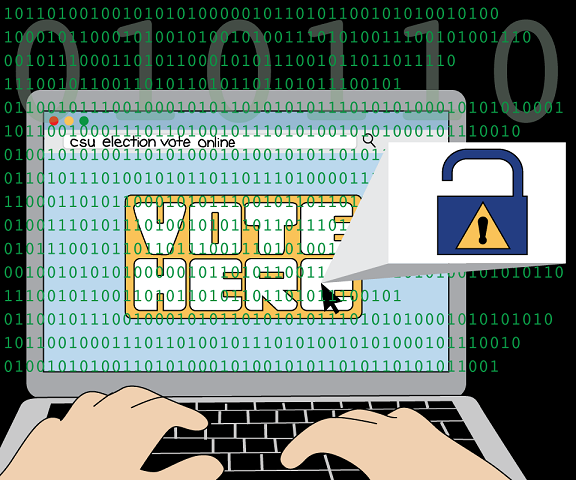People from all over the world, speaking 34 languages, use the internet and blockchain for making joint decisions and everyday choices. Analysis of anonymized metadata from 660 voting sessions conducted from March 2018 to March 2019 on Polys – a blockchain-based voting platform from Kaspersky Lab business incubator – showed that polls related to student and municipal issues are the most popular among its users.
Making collective decisions online has become an essential part of our digital lives: people participate in social media and public naming contests, choose the most influential person in the world, or help select a new flavor of chocolate bar. This is fast, convenient and feels intuitive for people who are used to doing many other things online. However, when it comes to making sure the voting process is secure, transparent and anonymous for participants, not any e-voting platform or solution would do the job.
To overcome all of these challenges, Polys introduced its blockchain-based online voting platform. Its usage patterns unveil some insights into where the biggest demand for online voting lies. Since March 2018, 660 polls were created on the platform, with 26,400 people taking part. The participants speak 34 languages, with the most amount of polls conducted in English (33%), followed by Russian (32%) and Spanish (7%).
According to the anonymized usage metadata, blockchain-based voting is well sort after in higher educational institutions. Making choices for student councils, unions and associations constitute 15% of all votes. Additionally, there were even several polls attributed to schools. The data has revealed 5% of voting sessions were conducted in municipals or neighborhoods. They typically use the platform to choose municipal heads or the initiative that is most in demand. Organizations from the crypto industry, including Initial Coin Offerings (ICOs) and crypto conferences, are also interested in blockchain-based polls.
Considering other less popular areas of online voting, they cover a broad set of subjects ranging from business issues (voting for the best hashtag to support a marketing campaign or the name of a new product) to different aspects of their daily routine (like picking the best profile picture for their online community).
“Online votes are easy to organize and take part in. They allow people to express their opinion on a variety of topics that matter to them. The use of blockchain ensures that their voices are heard without any alteration. Blockchain is one of the most exciting technologies available and generates a lot of attention. This has a great effect on user engagement – we especially see growing turnout among student communities,” comments Roman Alyoshkin, Head of Product at Polys.

